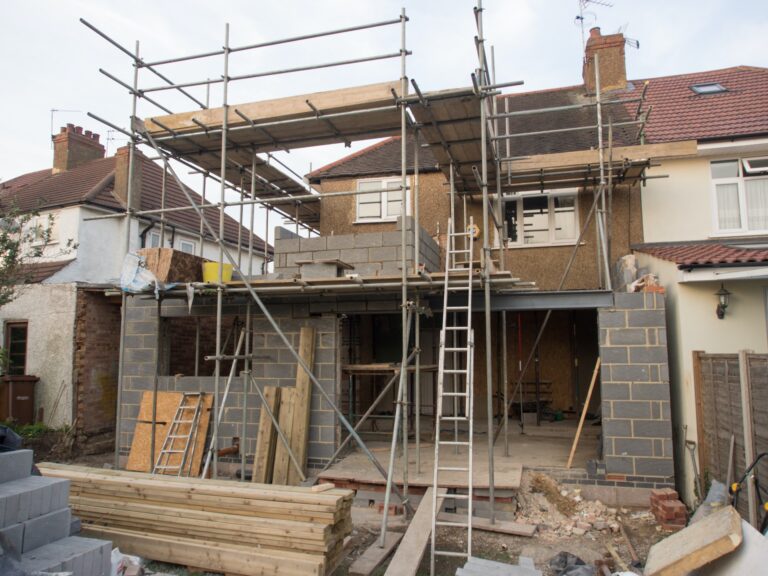Bricklaying is one of the most important construction trades. It is a great option for those looking to work outdoors and enjoy building things.
It is a physically demanding job and requires a certain level of fitness. It is also a male-dominated profession, which may not be suitable for everyone. You can research bricklayer in Glasgow to find the right fit for your project.
Qualifications
Bricklayers must complete training at a trade or vocational school or as part of an apprenticeship. They must also have a valid Construction Skills Certification Scheme (CSCS) card to work on construction sites. Bricklayers can work independently or as part of a team. They must be able to read and understand building plans, check specifications, mark guidelines, lay out materials, mix mortar powder, sand, and clay, and construct or repair walls in accordance with industry standards.
Experience
A bricklayer is a skilled craftsman responsible for the construction of walls. He or she must know the different types of bricks available and how to lay them correctly in accordance with industry standards. They must also be able to mix mortar powder, sand, and clay properly to obtain an acceptable consistency.
Those interested in this profession often attend vocational school to receive the appropriate training. They may also work as an apprentice to gain experience on the job before becoming a full-time bricklayer. Some bricklayers have been working in the field for many years and can provide you with references from past clients.

Insurance
Bricklayers are a labour-intensive trade and any kind of injury can have a significant impact on their income. If they are self-employed, any time spent not working is going to affect their bottom line and even if they are on wages, sick leave only goes so far. That’s why they should have personal accident cover in place to ensure that they are covered financially for a period of time while they recover from their injuries.
Public liability insurance is another important consideration for bricklayers. It protects them if their work damages the property of a client, customer or supplier. If a bricklayer drops a hammer on someone or accidentally damage their carpet with muddy work boots, they could end up paying compensation to the third party as well as legal fees.
Reputation
In addition to their qualifications and skills, bricklayers should have a strong reputation in the industry. You can check their reputation by looking at customer reviews or asking friends and family members for recommendations.
A good bricklayer should be able to provide references and show you examples of his previous work. You should also ask about his experience and whether he is licensed and insured. Also, find out if he is certified by the appropriate authority and has completed a bricklaying apprenticeship.

